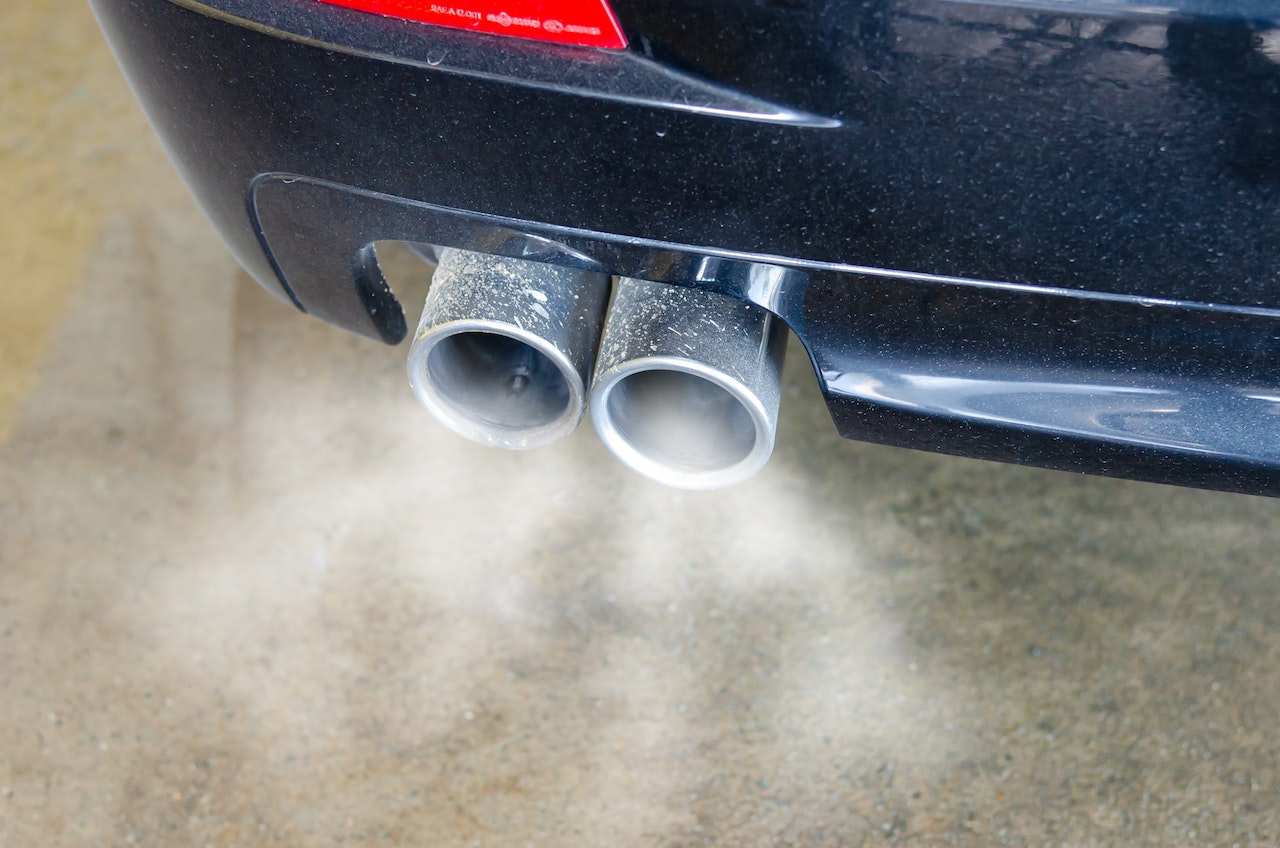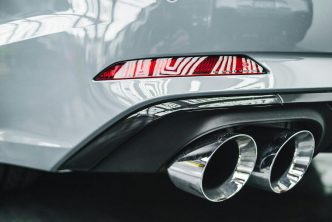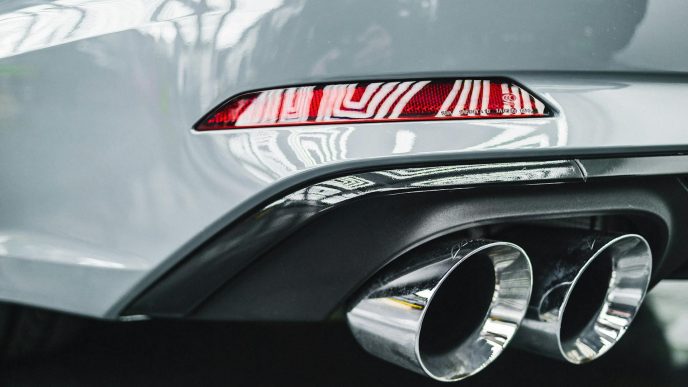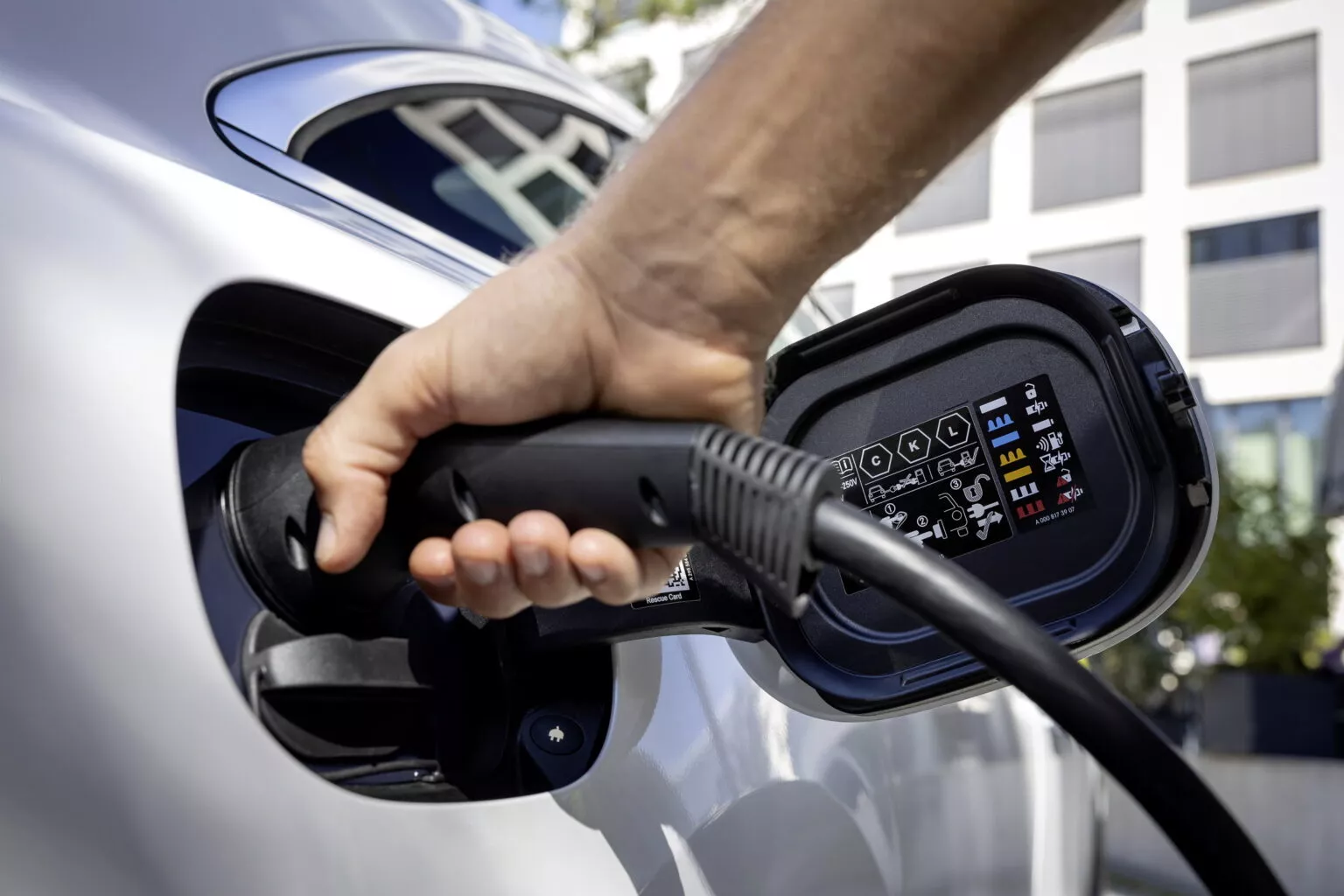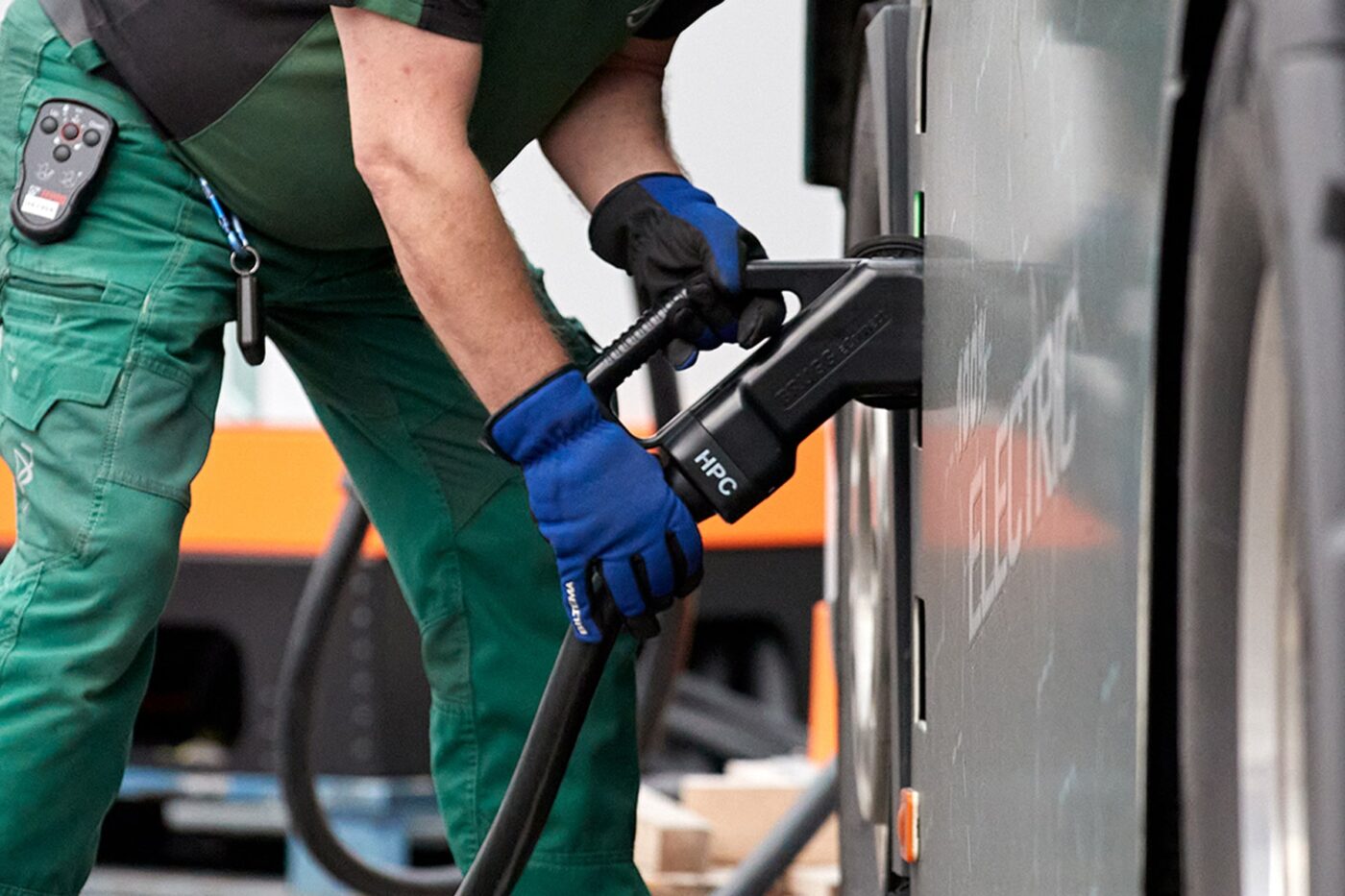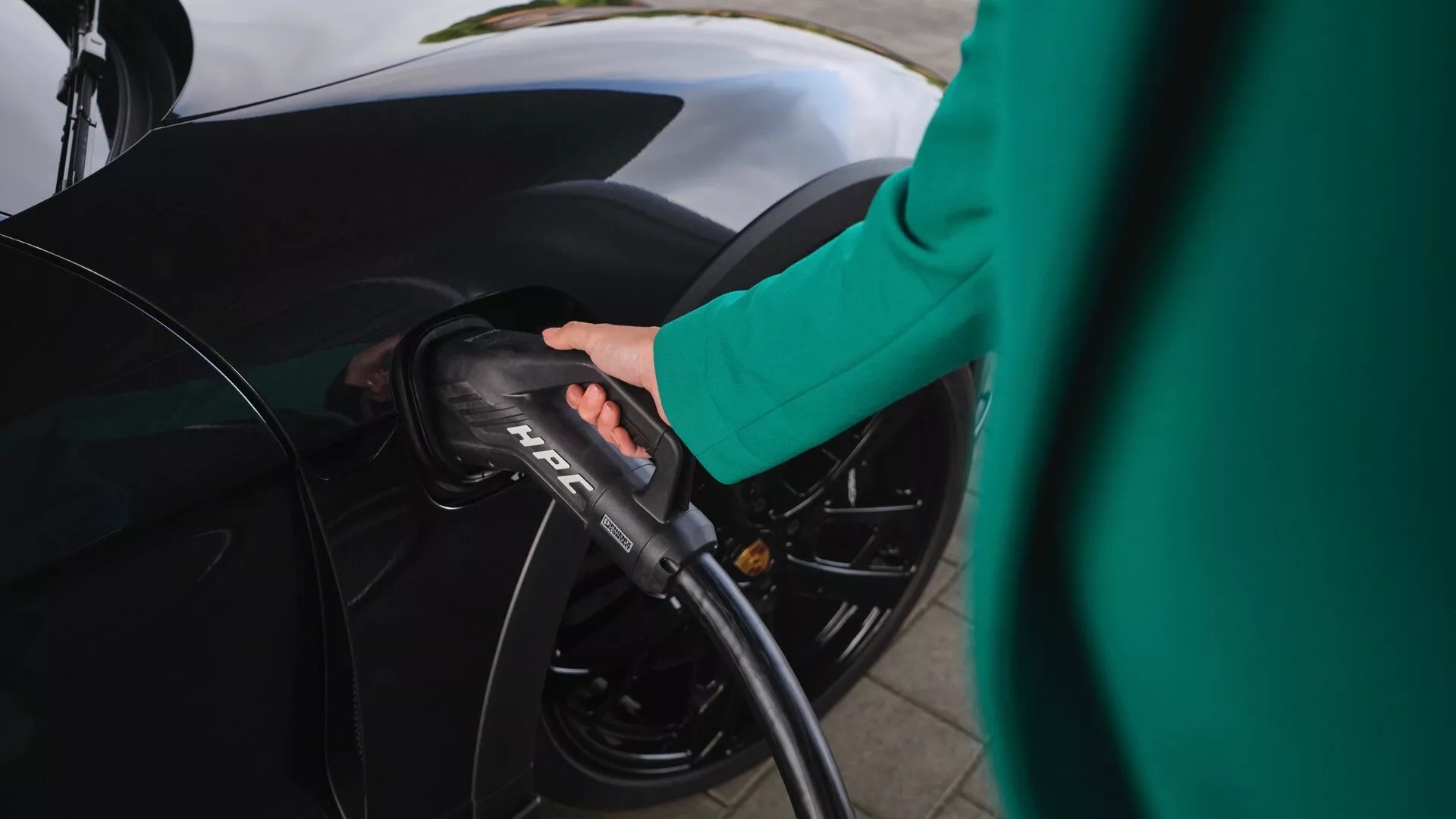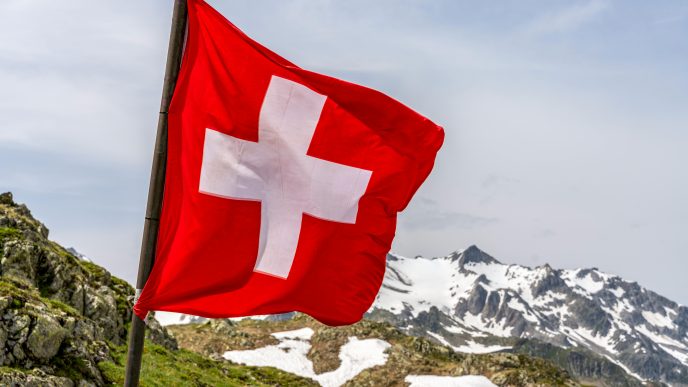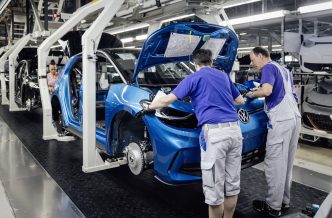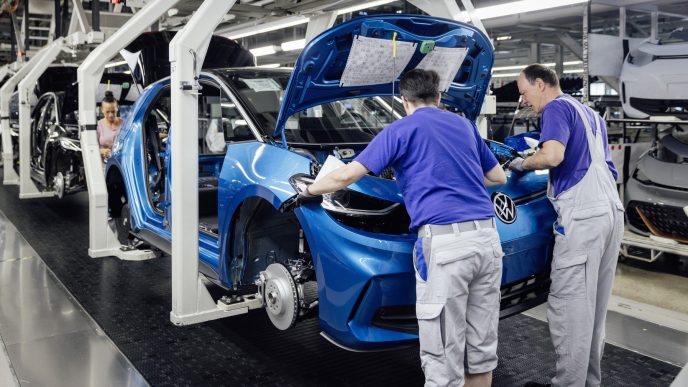Europe’s path to cutting vehicle emissions is facing growing opposition, with the European People’s Party (EPP) leading the charge to reverse the EU’s planned ban on internal combustion engines (ICE) by 2035.
The EPP, the largest political group in the European Parliament and a center-right party, has drafted a position paper urging for a reconsideration of the law that would phase out new ICE vehicles in favor of electric and alternative fuel-powered cars.
The EPP advocates for allowing combustion vehicles powered by biofuels and other alternative fuels to continue on European roads.
The party’s stance echoes concerns raised by automakers and some European governments, including Germany, which have criticized the 2035 ban as too aggressive. In its draft position paper, the EPP also calls for more flexibility in the adoption of plug-in hybrids, which combine combustion engines with electric power to reduce emissions.
This approach, the party argues, could offer a more gradual transition and give automakers the chance to adapt without the threat of excessive fines or job losses.
Automakers, particularly those in Europe, face significant financial penalties if they fail to meet the EU’s 2025 CO2 emissions targets. The current law sets a fleet average target of 93.6 g/km, a sharp reduction from the 115.1 g/km target in 2025.
Failure to meet this could result in fines of $100 per gram over the target, per vehicle sold, with major manufacturers like Volkswagen potentially facing hundreds of millions of dollars in penalties. The EPP is advocating for an extension of the deadline or a softer approach to compliance calculations to provide automakers with more time and flexibility.
The EPP’s position is also influenced by concerns over European automotive jobs. The rise of low-cost electric vehicles from China and lower-than-expected sales of EVs in Europe have put pressure on the European car industry, threatening thousands of jobs. Automakers, including the VW Group, have already announced plans to close factories in Germany as they adapt to the changing market.
Despite the EU’s climate chief, Wopke Hoekstra, asserting that the long-term regulatory framework provides a predictable investment environment, European automakers are seeking relief from the pressure of strict emissions targets and new tariffs from the U.S.
Source: Reuters

